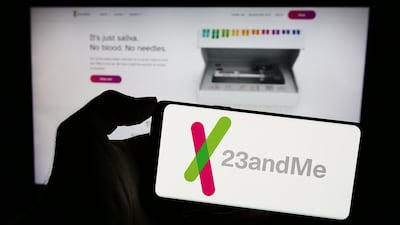The health care industry is still in the early stages of a technological revolution involving wireless and remote technology; however, the changes that have already taken place have been profound. Most young physicians today – as well as those still in medical school – will never know a way of practicing medicine that does not include wireless, mobile devices such as smartphones and tablets. In fact, there is substantial interest among physicians in using wireless devices to perform a variety of clinical tasks, according to a survey conducted in 2010. (See Exhibit 1.) But for all the changes that have already occurred, there are even more pioneering ideas that continue to push their way into the spotlight as device manufacturers, software developers, and other innovators look for the right tools to address health care’s most pressing needs.
Some of the first innovations are coming from companies developing wireless, remote monitoring technology, which has emerged as a tool that could offer important advantages, not only for patient care...
Read the full article – start your free trial today!
Join thousands of industry professionals who rely on Medtech Insight for daily insights
- Start your 7-day free trial
- Explore trusted news, analysis, and insights
- Access comprehensive global coverage
- Enjoy instant access – no credit card required
Already a subscriber?







